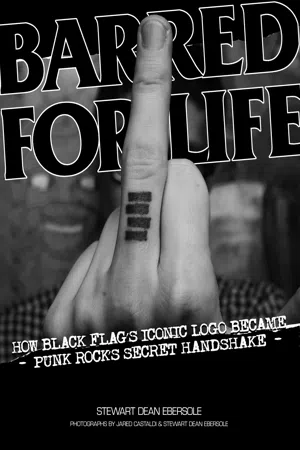
Barred for Life
How Black Flag's Iconic Logo became Punk Rock's Secret Handshake
- 328 pages
- English
- ePUB (mobile friendly)
- Available on iOS & Android
Barred for Life
How Black Flag's Iconic Logo became Punk Rock's Secret Handshake
About this book
" The Bars represent me finding my people. We were like a tribe. Together we are strong whereas before we felt weak and ostracized. "
Barred for Life is a photo documentary cataloging the legacy of Punk Rock pioneers Black Flag, through stories, interviews, and photographs of diehard fans who wear their iconic logo, The Bars, conspicuously tattooed upon their skin. Author Stewart Ebersole provides a personal narrative describing what made the existence of Punk Rock such an important facet of his and many other people's lives, and the role that Black Flag's actions and music played in soundtracking the ups and downs of living as cultural outsiders.
" The Bars say 'I'm not one of them, ' and it also lets the right people know that I am one of them. " Stark black-and-white portraits provide visual testimony to the thesis that Black Flag's factual Punk-pioneering role and their hyper-distilled mythology are now more prevalent worldwide then when the band was in service. An extensive tour of North America and Western Europe documents dedicated fans bearing Bars-on-skin and other Black Flag iconography. Nearly four hundred "Barred" fans lined up, smiled/frowned for the camera, and issued their stories for the permanent record.
" It is the black flag of anarchism, and that is the opposite of the white flag of surrender. " Barred for Life expands its own scope by presenting interviews with former Black Flag members and those close to the band. Interviews with alumni Dez Cadena, Ron Reyes, Kira Roessler, Keith Morris, and Chuck Dukowski, as well as photographers Glen E. Friedman and Ed Colver, and the man responsible for tattooing The Bars on more than a few Black Flag players, Rick Spellman, round out and spotlight aspects of Black Flag's vicious live performances, forward-thinking work ethic, and indisputable reputation for acting as both champions and iconoclastic destroyers of the Punk Rock culture they helped to create. " When I see The Bars I think 'Black Flag the band, ' but they also represent an entire movement of people that are not going to conform. They are part of a culture of people that stand up for themselves. "
Frequently asked questions
- Essential is ideal for learners and professionals who enjoy exploring a wide range of subjects. Access the Essential Library with 800,000+ trusted titles and best-sellers across business, personal growth, and the humanities. Includes unlimited reading time and Standard Read Aloud voice.
- Complete: Perfect for advanced learners and researchers needing full, unrestricted access. Unlock 1.4M+ books across hundreds of subjects, including academic and specialized titles. The Complete Plan also includes advanced features like Premium Read Aloud and Research Assistant.
Please note we cannot support devices running on iOS 13 and Android 7 or earlier. Learn more about using the app.
Information
SCENE NUMBER TWO
THE FIRST-PERSON PERSPECTIVE
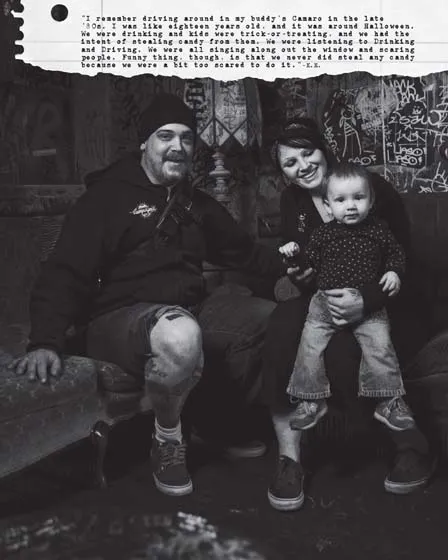
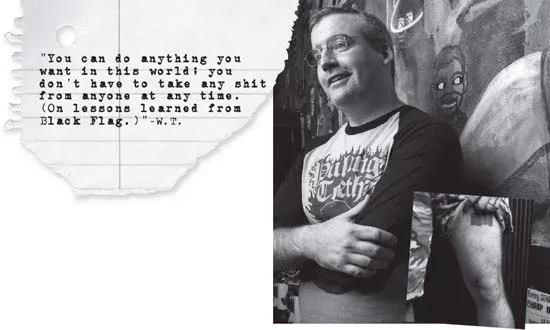
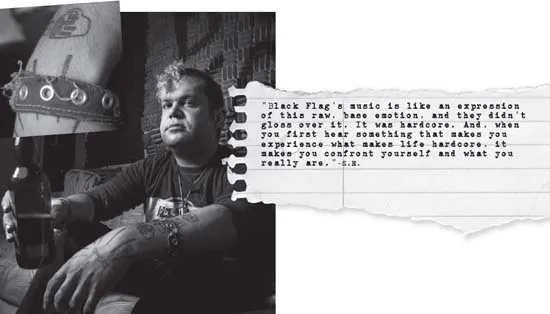
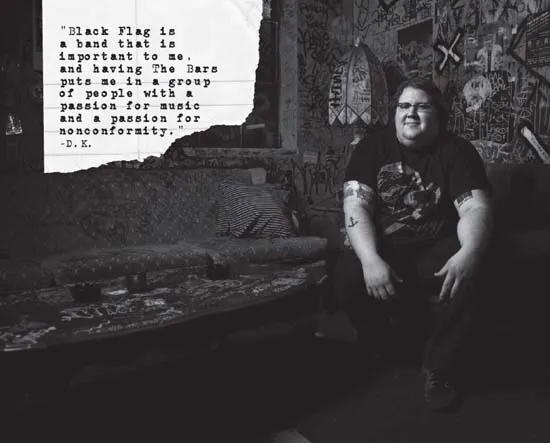
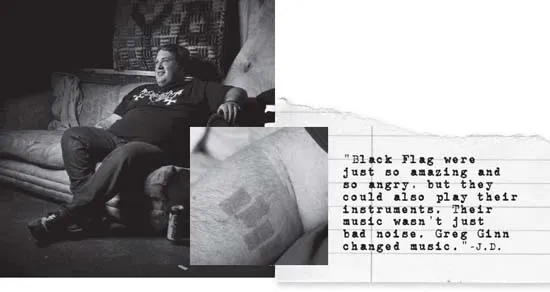
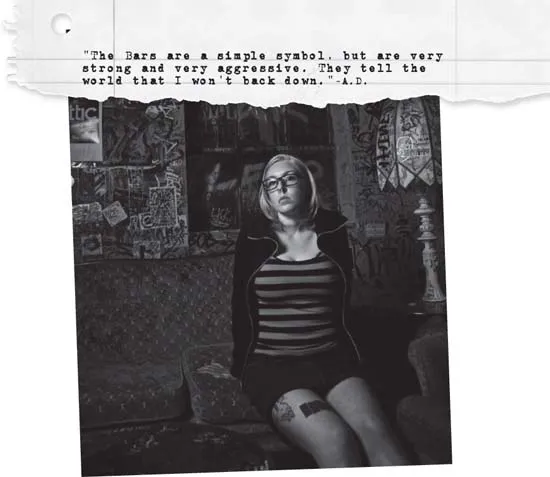
Table of contents
- Cover
- Copyright
- Title Page
- Acknowledgment
- Contents
- My Disclaimer
- Scene Number One Remembrances on a Culture of Youth Rebellion
- Interview Dez Cadena
- Scene Number Two the First-Person Perspective
- Interview Glen E. Friedman
- Scene Number Three Indefenseofbroad-Sweeping Generalizations
- Interview Ron Reyes
- Scene Number Four Adding up the Columns, It Was Totally Worth It
- Interview Keith Morris
- Scene Number Five Awkwardmomentsandamazing Recoveries in the History of Punk Rock Music
- Interview Rick Spellman
- Scene Number Six Black Flag and My Punk Rock Life
- Interview Chuck Dukowski
- Scene Number Seven My Bars, Your Bars, and the Bars
- Interview Kira Roessler
- Scene Number Eight Reconnecting to Punk Rock on My Own Terms Years into the Future
- Interview Edward Colver
- Scene Number Nine Get in the Sedan